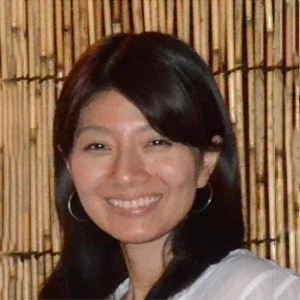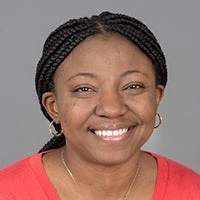
As part of a global effort by the World Bank, the Living Standards Measurement Study (LSMS) program has been supporting High-Frequency Phone Surveys on COVID-19 in Ethiopia, Malawi, Nigeria, Tanzania and Uganda to track responses to and socio-economic impacts of COVID-19. The phone surveys leverage the ongoing World Bank Living Standards Measurement Study – Integrated Surveys on Agriculture (LSMS-ISA) initiative and its infrastructure. Surveys are being conducted monthly with a national sample of households that had been interviewed during the latest round of the LSMS-ISA-supported national longitudinal household survey.
To facilitate the use of the data collected through High-Frequency Phone Surveys on COVID-19, LSMS is creating the harmonized datafiles using two household surveys: 1) the country’s latest face-to-face survey, which has become the sample frame for the phone survey, and 2) the country’s high-frequency phone survey on COVID-19. Variables from these surveys are extracted and harmonized, based on the harmonized definitions and ensuring the same variable names. These variables include demography as well as housing, household consumption expenditure, food security, and agriculture.
The harmonized files for Nigeria are now available through Microdata Library. LSMS will create and release the harmonized files for more LSMS-supported countries and add more harmonized variables in the coming months. To stay updated on upcoming releases visit: www.worldbank.org/lsms-covid19



Join the Conversation